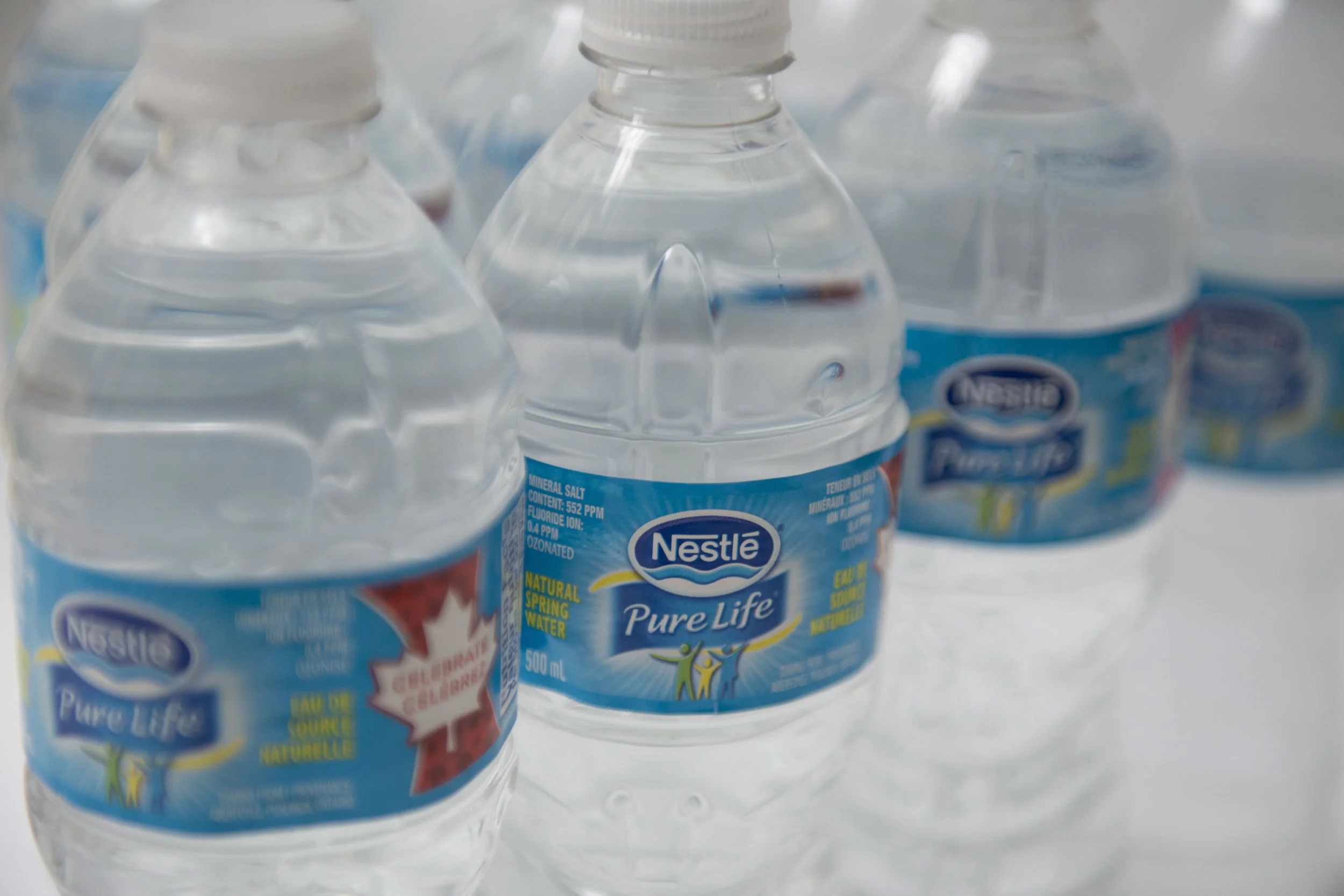P.E.I.'s environment minister says the province is placing a moratorium that will mean no new development in buffer zones along the Island's fragile shorelines until a policy to protect them can be drafted and brought to the legislature. Steven Myers made the announcement as the Prince Edward Island's legislature adjourned after its fall sitting, saying it would be done through a ministerial order that would be effective immediately.
The Dangers of Fracking in Canadian Wells
Fracking is a process of drilling and injecting fluid into the ground at a high pressure in order to fracture shale rocks and release natural gas inside. Although fracking has been used in the U.S. since the 1950s, it was not until recently that this process made its way up to Canada. Currently, there is a moratorium on fracking in Quebec, but this process is still occurring in many other parts of the country. Fracking has been shown to have a number of negative environmental impacts, including water contamination, air pollution, and noise pollution. In addition, fracking can also lead to earthquakes. For these reasons, it is important for Canadians to be aware of the dangers of fracking so that they can make informed decisions about whether or not to support this process.
RDCK board, February 16: Directors extend moratorium on new water systems
The regional district won’t be assuming control of any more water systems for the next five years. The board agreed to extend the current moratorium on acquiring new systems until 2027. Although a Water Services Committee is almost in place to deal with water system issues in the RDCK, staff says it still makes sense to maintain the moratorium.
OPINION: The Water Act process: From exemplary public consultation to industry-led policy
It took seven years, but now Prince Edward Island finally proclaimed a Water Act. There are certainly reasons to celebrate this. The act contains guiding values that recognize water as a common good and a public trust. There is acknowledgment of the precautionary principle and the need to preserve water for future generations. Yet, how much the act will help to remedy the poor track record of the government and its departments in protecting PEI’s waters remains to be seen.
Province lays out possible framework for water use in post-moratorium era
Officials with P.E.I.'s Department of Environment, Energy and Climate Action laid out a bare-bones plan Thursday for how water could be shared among various users — including farmers — once the province's moratorium on new high-capacity irrigation wells ends. The King government quietly signalled the end of the 19-year moratorium earlier this month, introducing changes to regulations under the Water Act that could be implemented in September.
GUEST OPINION: P.E.I. water issue is not urban versus rural
It is disturbing to hear the genuine public concern over high-capacity wells being deliberately misinterpreted as “urban versus rural” and as an attack against farmers. The Environmental Coalition of Prince Edward Island has been working for years to usher in a new era of water protection and conservation, and never once have we opposed farmers. Farmers are important to the economic and social health of the province.
Ontario proposes to extend water bottling moratorium by nine months
Ontario is proposing to extend a moratorium on water bottling permits for nine months to give the government more time to consider the science behind it. Over the past year, the government reviewed the state of water resources in key areas of the province and the effect that taking water out of the ground has on those resources, a spokesman for Environment Minister Jeff Yurek said.
Decision coming soon on water bottling permits in Ontario, environment minister says
A decision on how to proceed with water bottling permits is expected by early to mid-December, with a review nearly complete, Ontario's Environment Minister Jeff Yurek said Thursday. A moratorium on new and expanded permits to take water for bottling, which was put in place by the former Liberal government in 2017, and was extended last year by the Progressive Conservatives, is set to expire on Jan. 1. Yurek said his decision will be based in science, though if the government can't find a "conclusive way to go forward" he would extend the moratorium again.









